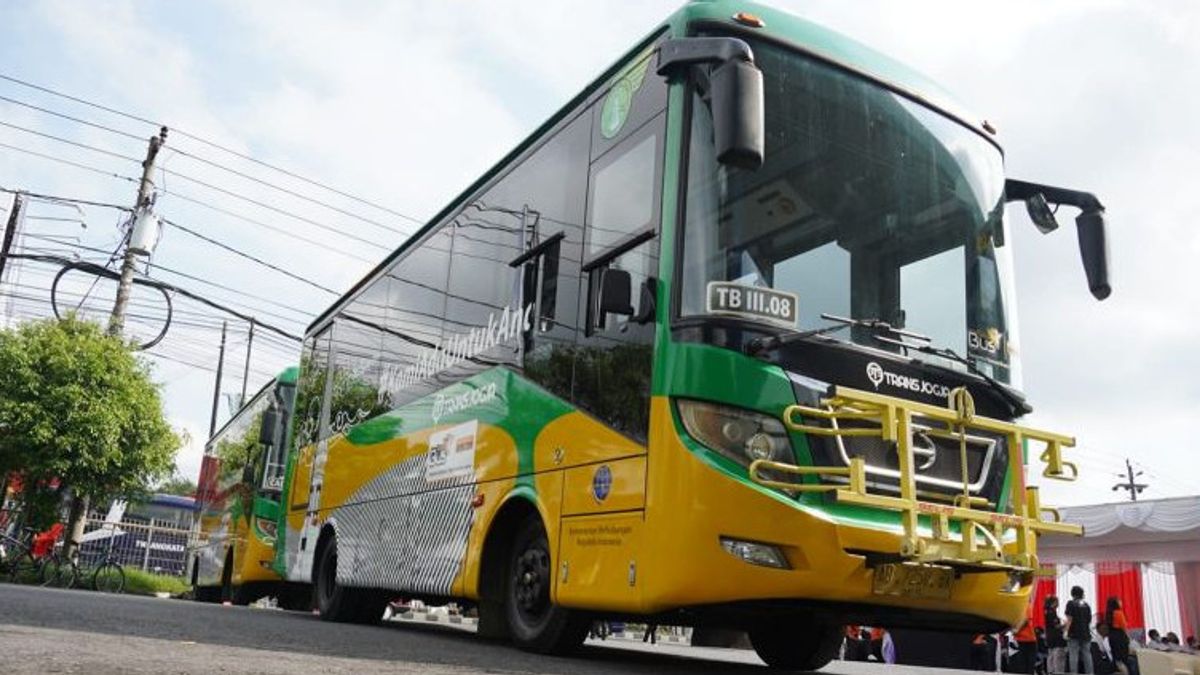Transportation observer Ki Darmaningtyas said mass transportation facilities are a solution to suppress carbon emissions that cause environmental damage.
"Every local government is trying to build public transportation. Currently, only a few big cities have a good transportation system," Darmaningtyas said, quoted from Antara, Sunday, January 29.
The chairman of the Institute for Transportation Studies (Instran) said that the number of regions that have adequate mass transportation systems is currently very minimal, so it is necessary to increase it in order to suppress carbon emissions that cause global warming.
According to him, apart from industry, the largest carbon emissions are currently produced by the transportation sector, where the number of private vehicles continues to grow.
"Reducing emissions is how to switch to using public transportation, cycling, or walking. But the government is obliged to provide supporting facilities," he said.
In line with this, Darmaningtyas also encourages the role of the world of education, especially teachers, to raise awareness of the importance of using public transportation.
He assessed that teachers need to have awareness regarding reducing carbon emissions so that they can provide good education to their students.
"Many teachers do not yet have knowledge related to global warming or reduce the use of fossil fuels. Even though it is very strategic to be forwarded to the younger generation," he said.
As is known, International CO2 Emission Reduction Day is celebrated every January 28.
The commemoration of the International Reducing CO2 Emissions Day aims as a momentum to increase public awareness of the dangers of CO2 or carbon dioxide emissions.
In this case, Indonesia is committed to achieving net zero emissions or zero carbon emissions by 2060.
The efforts made include increasing the use of new and renewable energy (EBT), reducing fossil energy, using electric vehicles in the transportation sector, increasing the use of electricity in households and industries, and finally utilizing Carbon Capture and Storage (CCS).
By reducing the carbon footprint, Indonesia is expected to achieve net zero emissions in 2060 or sooner.
The English, Chinese, Japanese, Arabic, and French versions are automatically generated by the AI. So there may still be inaccuracies in translating, please always see Indonesian as our main language. (system supported by DigitalSiber.id)













